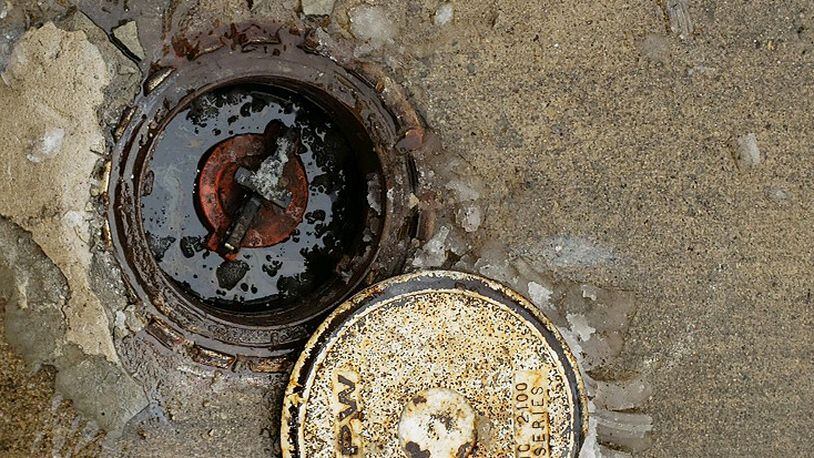David Brown, a spokesperson for Butler County Auditor Roger Reynolds, told Hamilton City Council on Wednesday that the Ohio Township Association and Ohio Farm Bureau have added their support to such testing. With both organizations, the efforts started in Butler County and spread across the state.
Brown said state Rep. George Lang, R-West Chester Twp., and Rep. Brigid Kelly, D-Cincinnati, plan to introduce legislation next week that would give auditors permission to test for quality.
“We enjoy the fact that both parties are picking up on it, understanding there’s a need,” Brown said. “Whenever I have these talks, everybody shakes their heads, like, ‘Wow, I can’t believe we’re not doing that, and if somebody wants to do that as part of what they normally do, it’s such a no-brainer.’”
“Ohio is one of only three states in the nation that does not have a testing program in place,” Brown said. The other two states are Alaska and Nebraska.
One Ohio county — Summit, home to Akron — has been checking fuel quality since 2005. It has been able to do so because it is a home-rule county.
It would help motorists if the staffs of county auditors in Ohio could test gasoline to make sure there is no water or sediment in the gas, which can cause problems for engines, and also to test to make sure the octane level, such as for premium gasoline, is as high as advertised, Brown said.
He noted the same day Gov. Mike DeWine proposed an increase to Ohio’s fuel tax for road repairs, five vehicles in Madison township, including one driven by a U.S. Postal Service letter carrier, broke down after getting water in their gas. The water had leaked into the station’s underground fuel tank.
The proposal supported by auditors would not require counties to test for quality, because some might have trouble affording that. Instead, it would give them the option of doing so.
Brown told Hamilton officials that in cases where smaller counties would have trouble affording the testing equipment, larger counties have offered to do “spot checks” of quality for them.
Reynolds’ staff believes the costs to its department would be minimal, because they already are pouring out fuel to test for quantity. At the same time that is being done, they could test it for the sediment, water and octane, Brown said. The cost for the equipment would be about $12,000.
“We have been big proponents of saying, ‘We’re out there testing for quantity, let’s give us the authority to test for quality,’” Brown said.
“It’s kind of a no-brainer,” said Council Member Tim Naab.
About the Author
